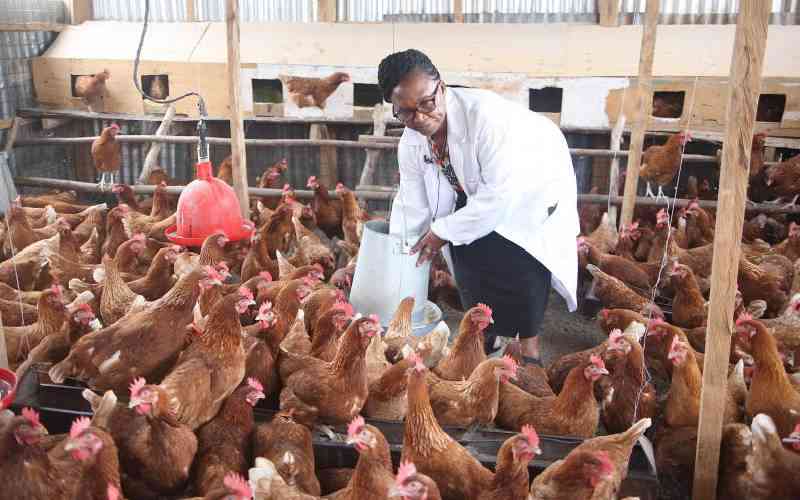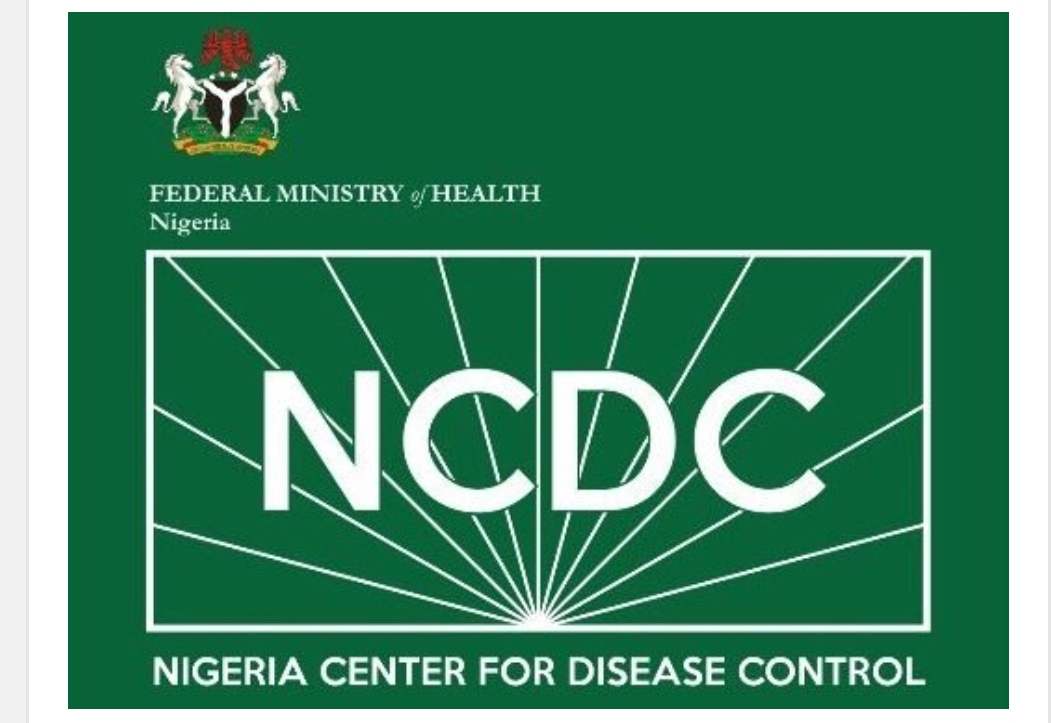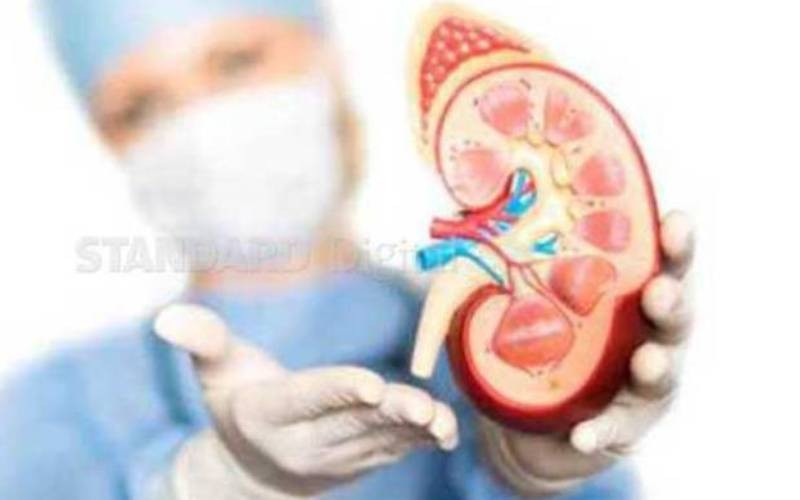Keeping E Coli Disease at Bay in Laying Flocks

Poultry farmers, particularly those involved in intensive commercial layer operations, face significant challenges from Escherichia coli (E. coli) peritonitis. This bacterial disease, as highlighted by Wilberforce Okwiri in the Standard, remains a major concern due to its potential to cause substantial losses in egg production and overall flock health. Anne Wanjiku Ngugi, a poultry farmer in Thika, Kiambu County, understands the importance of quality feed in preventing such issues.
Understanding E. coli Peritonitis
E. coli peritonitis in layer chickens is caused by pathogenic strains of Escherichia coli bacteria. These bacteria can infiltrate the chicken's system through various routes, including the eyes, mouth, vent, skin abrasions, or even through the egg itself. Several factors can predispose chickens to this infection, particularly during peak laying periods. These include:
The Role of Nutrition
Proper nutrition plays a pivotal role in preventing E. coli peritonitis and maintaining overall flock health. Farmers are strongly advised to source feed only from certified and controlled suppliers to ensure quality. If mixing feed on-farm, high-quality ingredients and premixes are essential. Key nutritional considerations include:
The period between 19-24 weeks is critical. First eggs appear around 19-20 weeks, with increased production expected from week 21. During this phase, daily feed intake increases from 90 to 100 grams between weeks 20 and 24. A high-energy, nutritious diet with increased calcium supplementation is crucial.
Symptoms and Control Measures
The first signs of E. coli peritonitis include loss of appetite and reduced feed intake, particularly during peak egg production. This is followed by a drastic drop in egg production, depression, ruffled feathers, closed eyes, rapid breathing, and watery or mucoid yellow diarrhea. Mortality can reach up to 15 percent as the condition progresses.
Effective control measures include:
Farmers are advised to stay informed and implement comprehensive biosecurity and nutritional strategies to mitigate the impact of E. coli peritonitis on their layer flocks. Dr. Messo, the company veterinarian at Kenchic, can be contacted for further guidance.








